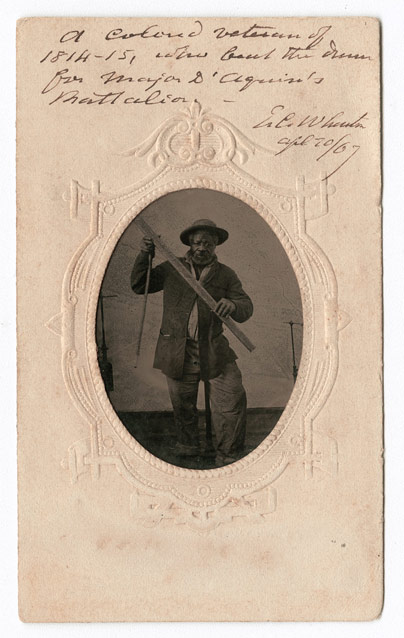If the War of 1812 played a more important role in American public memory, it would likely have earned a less generic name. The war is the only one in American history designated simply by the year of its commencement, and for nearly a hundred years after it ended in 1815, its name hardly even qualified as a proper noun.
What should we make of the war’s low profile in American public memory? The accomplishments of the War of 1812 were meager, and general historical knowledge of it is thin.

Historic New Orleans Collection
As the centennial of the War of 1812 approached in 1915, it often appeared in print in merely descriptive terms, typically with a lower-case “w”—“the war of 1812”—lacking some other, grander or more definitive label. A children’s book published in 1884, History of the United States in Words of One Syllable, devoted two pages to the struggle and concluded, “This was known for a time as the ‘Late War,’ but since then we have had more wars, so it would not do to call it by that name now.” Yet the author, Helen W. Pierson, offered America’s children nothing in its place before moving on with her glorious tale. The claim forwarded by some, that the war was America’s Second War of Independence, had not caught on in the 1880s, nor has it since. As a recent historian of the war, Alan Taylor, has written, “the War of 1812 looms small in American memory.”
What should we make of the war’s low profile in American public memory? The accomplishments of the War of 1812 were meager, and general historical knowledge of it is thin compared to the transformational struggles that bookended it—the American Revolution and the Civil War. And the war’s legacy in popular memory and imagination is thinner still—not well informed historically, more mythic, and strikingly ephemeral. So, we might ask: How has the war been remembered? How has it affected American legend and lore? And, more intriguingly: Why has it been so readily forgotten?
Part of a series of articles titled Legacies: The War of 1812 in American Memory .
Last updated: April 2, 2015
